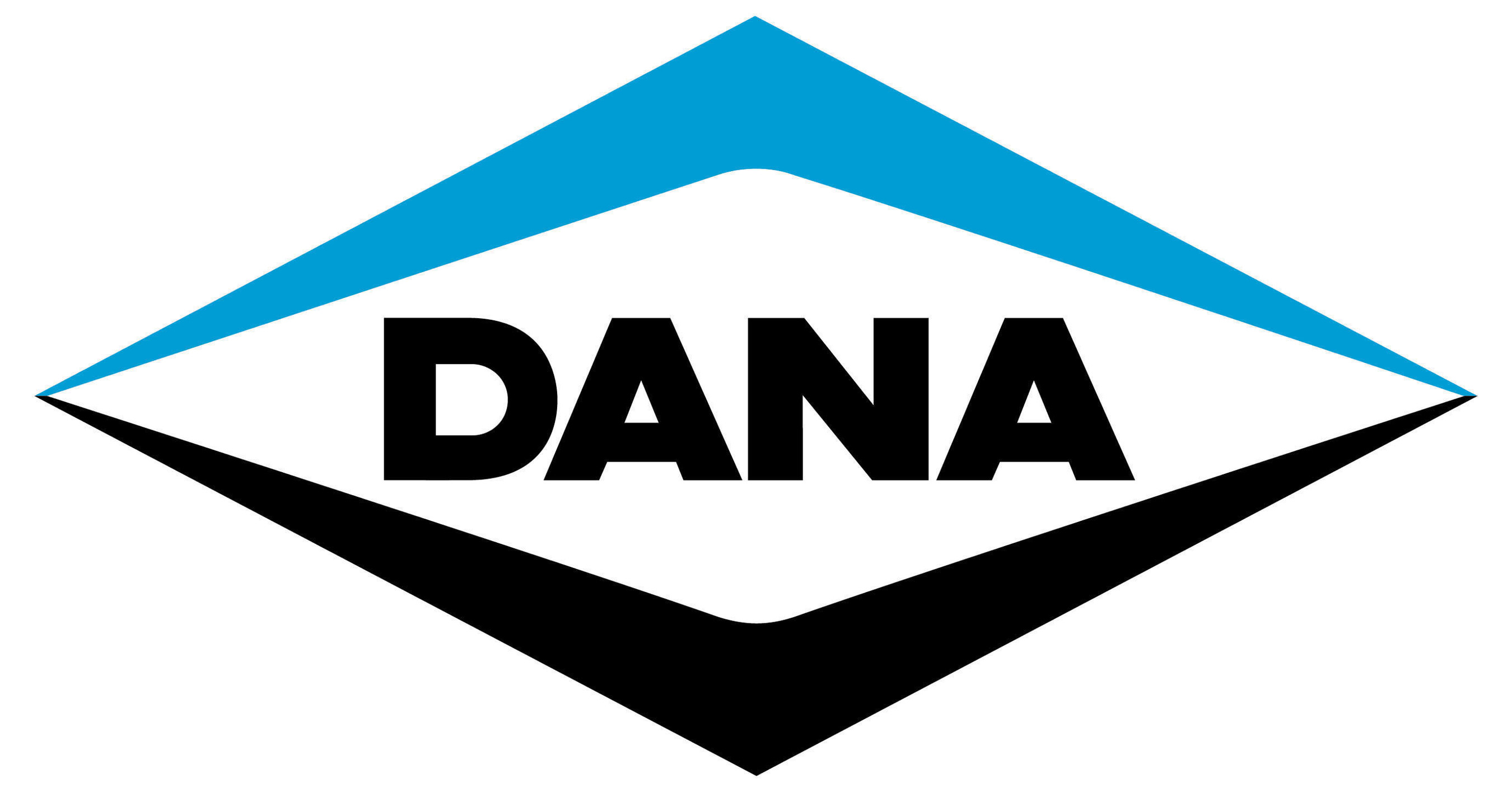SINGAPORE, Oct. 18, 2025 /PRNewswire/ — SCG Cell Therapy Pte Ltd (SCG), a clinical-stage biotechnology company developing next-generation immunotherapies for infectious diseases and their associated cancers, announced the presentation of first-in-human clinical data for SCG142 in an investigator-initiated Phase I trial (NCT06544720) in patients with recurrent or metastatic HPV-associated carcinomas. The poster will be presented at the European Society for Medical Oncology (ESMO) Congress 2025 in Berlin, Germany, on Saturday, 18 October 2025.
This ongoing first-in-human trial evaluates the safety, tolerability and preliminary efficacy of SCG142, a novel human papillomavirus (HPV) E7-specific T-cell receptor-engineered T (TCR T) cell therapy armoured with a TGFβRII-41BB chimeric switch receptor. Eligible patients are HLA-A*02:01-positive with advanced HPV16- or HPV52-positive carcinomas who have progressed on or were intolerant to at least one prior systemic therapy. Key endpoints include safety, pharmacokinetics, pharmacodynamics, and preliminary antitumor activity. As of the data cut-off, tumor shrinkage was observed in all seven treated patients, resulting in a disease control rate (DCR) of 100%. Four of the seven patients (57%) achieved >30% tumor reduction, including two confirmed partial responses (PR) and two unconfirmed PRs. No dose-limiting toxicities or serious adverse events were reported. These preliminary findings support continued clinical development of SCG142.
“SCG142 is a novel and differentiated HPV-specific TCR T cell therapy with promising clinical activity.” said Prof. Dr. Yang Li, Director of Medical Oncology, The First Affiliated Hospital of Guangxi Medical University. “We’re excited that tumor shrinkage was observed in all seven treated patients and that SCG142 was well tolerated. These encouraging preliminary findings underscore the potential of SCG142 to provide new solutions for patients in a variety of HPV16 and HPV52 expressing cancers and support further evaluation in larger patient cohorts”, she added.
SCG142 was isolated with GianTCRTM, SCG’s proprietary TCR screening platform with the ability to identify fully natural TCRs with high affinity and high avidity properties as well as potent antiviral and anti-tumor effects against infection-related solid tumors accompanied by a lower risk of off-target toxicity. “We are delighted that the excellent preclinical profile of our HPV-E7-specific TCR – including high avidity and dual functionality in both CD8+ and CD4+ T cells – has translated into clinical activity with SCG142″ added Dr. Susanne Wilde, VP, Head of Preclinical Research of SCG Cell Therapy.
Besides SCG142, SCG is also advancing SCG101, a hepatitis B virus (HBV)-specific TCR T cell therapy for the treatment of HBV-related hepatocellular carcinoma (HCC).
– END –
About Human Papillomavirus and Cancers
Human papillomavirus (HPV) infection is the most common sexually transmitted infection. Nearly all sexually active people are infected with HPV and around half of these infections occur with a high-risk HPV type, which can lead to cancer development.1 As such, HPV infection accounts for more than 90% of anal and cervical cancers, about 70% of vaginal and vulvar cancers, and 60% of penile and oropharyngeal cancers, and it causes an estimated 690,000 cancers worldwide each year[1],[2].
About SCG Cell Therapy
SCG is a leading biotechnology company focusing on the development of novel immunotherapies in infections and its associated cancers. The company targets the most common cancer-causing infections: HPV, HBV and EBV, and develops a broad and unique pipeline of TCR-based cellular immunotherapy products against infection- associated cancers. With the proprietary GianTCRTM TCR screening platform, in house viral vector production and AutoCellTM, a fully closed, automatic and low-cost cell therapy manufacturing system, the company covers the entire value chain from new target research and discovery, manufacturing, and clinical development. For more information about SCG, please visit us at www.scgcell.com.
|
[1] HPV and cancer. National Cancer Institute. (2025, May 9) |
|
[2] Basic information about HPV and cancer. Centers for Disease Control and Prevent (2024, September 17) |




